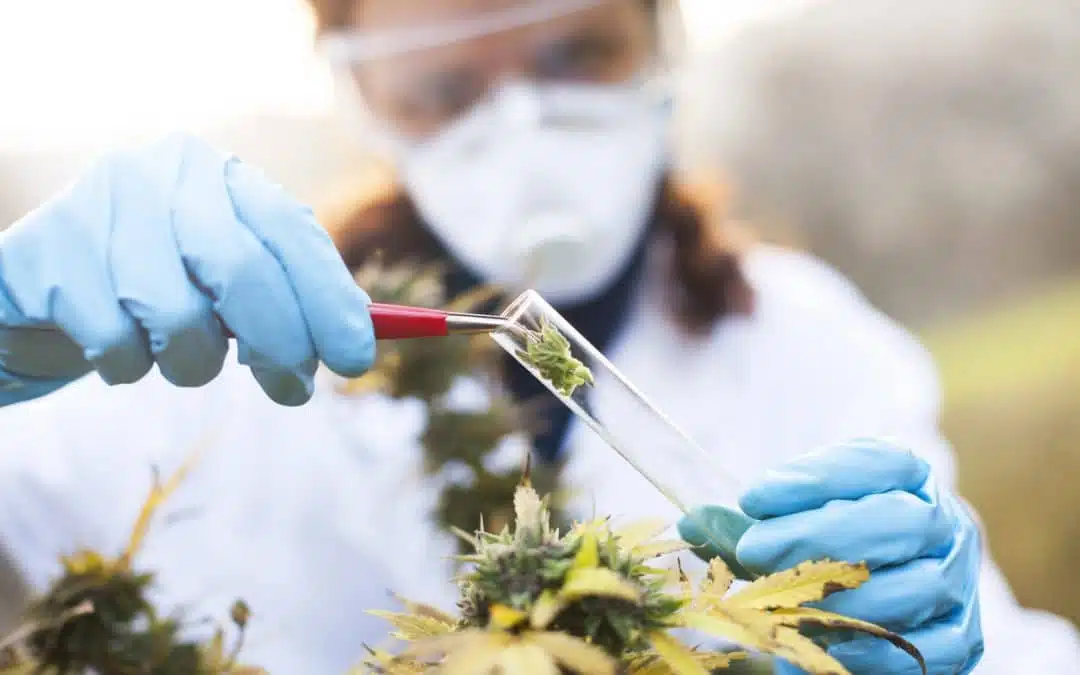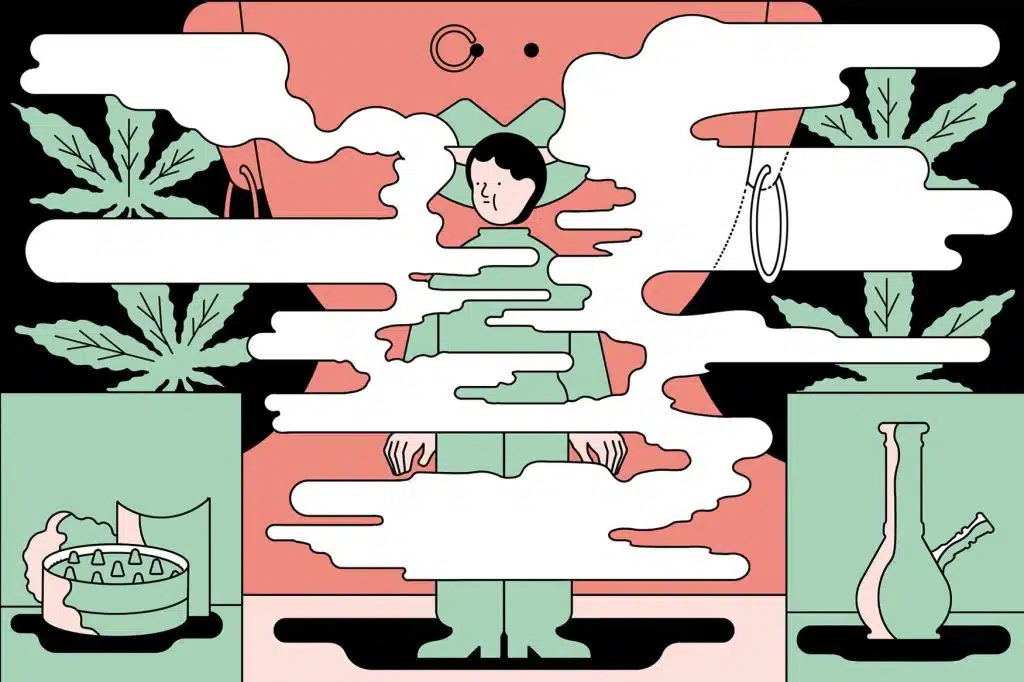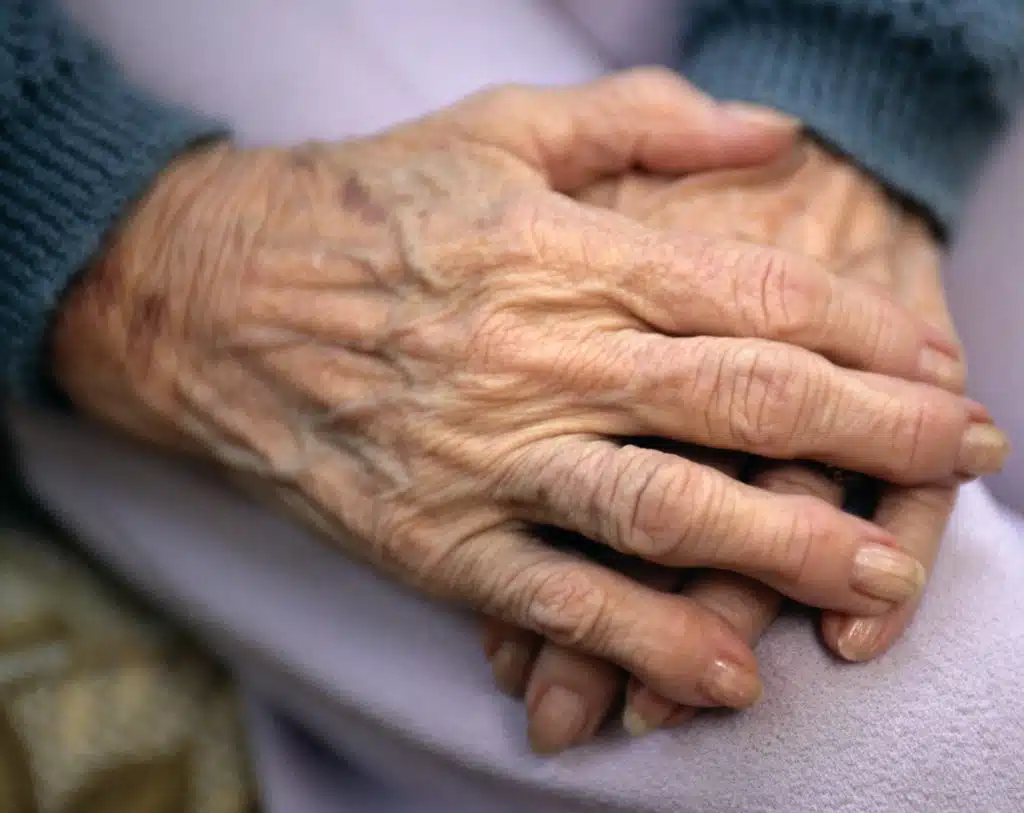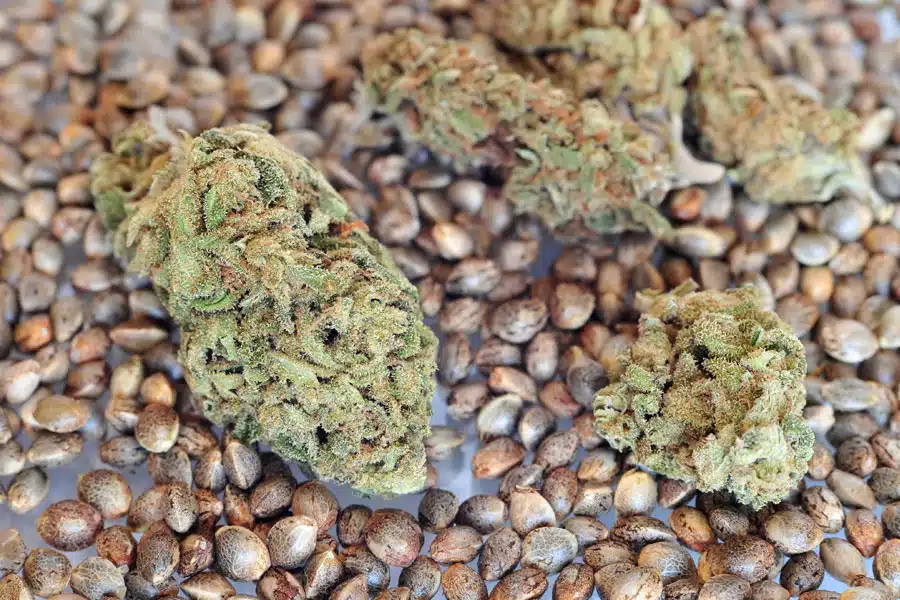Medical Marijuana For Patients
As a weed expert, I’ve seen firsthand the incredible benefits that medical marijuana can provide to patients. From chronic pain to anxiety and depression, medical marijuana has been shown to be an effective treatment option for a wide range of conditions. In this article, we’ll explore 10 different subtopics related to medical marijuana and why it’s such an important game changer for patients.
The Science Behind Medical Marijuana
Medical marijuana is derived from the cannabis plant, which contains over 100 different cannabinoids. The two most well-known cannabinoids are THC and CBD. THC is the psychoactive component of cannabis, while CBD is non-psychoactive and has been shown to have a range of therapeutic benefits. When consumed, these cannabinoids interact with the body’s endocannabinoid system, which plays a role in regulating a wide range of physiological processes.
The Benefits of Medical Marijuana for Chronic Pain
Chronic pain is one of the most common reasons that patients seek out medical marijuana. Studies have shown that medical marijuana can be an effective treatment option for chronic pain, particularly neuropathic pain. THC and CBD both have analgesic properties, which can help to reduce pain and inflammation.
The Use of Medical Marijuana for Anxiety and Depression
Anxiety and depression are two of the most common mental health conditions in the world. Medical marijuana has been shown to be an effective treatment option for both conditions. THC has been shown to have anxiolytic properties, while CBD has been shown to have antidepressant properties.
The Legality of Medical Marijuana and Doctor’s Recommendations
The legality of medical marijuana varies from state to state. In some states, medical marijuana is legal, while in others it is not. In order to obtain medical marijuana, patients must have a doctor’s recommendation. Doctors can recommend medical marijuana for a wide range of conditions, including chronic pain, anxiety, and depression.
The Process of Obtaining a Medical Marijuana Card from a Doctor
In order to obtain a medical marijuana card, patients must first obtain a doctor’s recommendation. Once they have a recommendation, they can apply for a medical marijuana card from their state’s department of health. The process of obtaining a medical marijuana card can vary from state to state.
The Difference Between THC and CBD and Their Medical Uses
THC and CBD are two of the most well-known cannabinoids found in cannabis. THC is psychoactive and has been shown to have analgesic properties. CBD is non-psychoactive and has been shown to have a range of therapeutic benefits, including anti-inflammatory and anxiolytic properties.
The Use of Medical Marijuana for Cancer Patients
Medical marijuana has been shown to be an effective treatment option for cancer patients. THC has been shown to have anti-tumor properties, while CBD has been shown to help with chemotherapy-induced nausea and vomiting.
The Use of Medical Marijuana for Epilepsy and Seizures
Medical marijuana has been shown to be an effective treatment option for epilepsy and seizures. CBD has been shown to have anticonvulsant properties, which can help to reduce the frequency and severity of seizures.
The Use of Medical Marijuana for Glaucoma
Medical marijuana has been shown to be an effective treatment option for glaucoma. THC has been shown to help reduce intraocular pressure, which can help to prevent damage to the optic nerve.
The Use of Medical Marijuana for Crohn’s Disease
Medical marijuana has been shown to be an effective treatment option for Crohn’s disease. THC and CBD both have anti-inflammatory properties, which can help to reduce inflammation in the gut.
The Use of Medical Marijuana for Multiple Sclerosis
Multiple sclerosis is a chronic autoimmune disease that affects the central nervous system. Medical marijuana has been shown to be an effective treatment option for multiple sclerosis. THC has been shown to have neuroprotective properties, while CBD has been shown to help with spasticity and muscle spasms.
The Use of Medical Marijuana for PTSD
Post-traumatic stress disorder (PTSD) is a mental health condition that can develop after experiencing or witnessing a traumatic event. Medical marijuana has been shown to be an effective treatment option for PTSD. THC has been shown to help with sleep and nightmares, while CBD has been shown to have anxiolytic properties.
The Use of Medical Marijuana for Alzheimer’s Disease
Alzheimer’s disease is a progressive neurodegenerative disease that affects memory and cognitive function. Medical marijuana has been shown to be an effective treatment option for Alzheimer’s disease. THC has been shown to have neuroprotective properties, while CBD has been shown to help with inflammation and oxidative stress.
The Use of Medical Marijuana for Parkinson’s Disease
Parkinson’s disease is a progressive neurodegenerative disease that affects movement and coordination. Medical marijuana has been shown to be an effective treatment option for Parkinson’s disease. THC has been shown to help with tremors and muscle rigidity, while CBD has been shown to have neuroprotective properties.
The Use of Medical Marijuana for HIV/AIDS Patients
HIV/AIDS is a chronic viral infection that attacks the immune system. Medical marijuana has been shown to be an effective treatment option for HIV/AIDS patients. THC has been shown to help with appetite stimulation and nausea, while CBD has been shown to have anti-inflammatory properties.
The Use of Medical Marijuana for Chronic Fatigue Syndrome
Chronic fatigue syndrome is a complex disorder characterized by extreme fatigue that cannot be explained by an underlying medical condition. Medical marijuana has been shown to be an effective treatment option for chronic fatigue syndrome. THC has been shown to help with fatigue and pain, while CBD has been shown to have anti-inflammatory properties.
The Use of Medical Marijuana for Fibromyalgia
Fibromyalgia is a chronic pain disorder that affects the muscles and soft tissues. Medical marijuana has been shown to be an effective treatment option for fibromyalgia. THC and CBD both have analgesic properties, which can help to reduce pain and inflammation.
The Use of Medical Marijuana for Migraines
Migraines are a type of headache that can be debilitating and affect quality of life. Medical marijuana has been shown to be an effective treatment option for migraines. THC has been shown to help with pain and nausea, while CBD has been shown to have anti-inflammatory properties.
The Use of Medical Marijuana for Arthritis
Arthritis is a chronic inflammatory condition that affects the joints. Medical marijuana has been shown to be an effective treatment option for arthritis. THC and CBD both have anti-inflammatory properties, which can help to reduce inflammation and pain.
Conclusion
If you are interested in buying weed online and THC products, check out West Coast Releaf online weed dispensary and shop for your weed online and cannabis products at westcoastreleaf.co!











